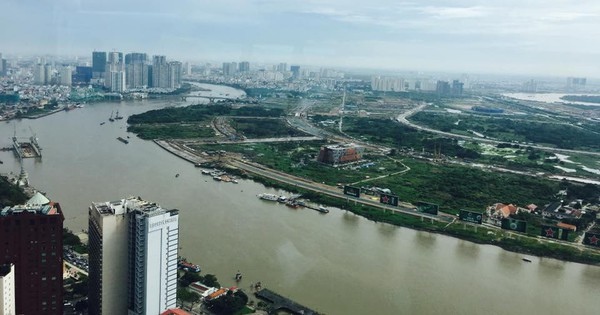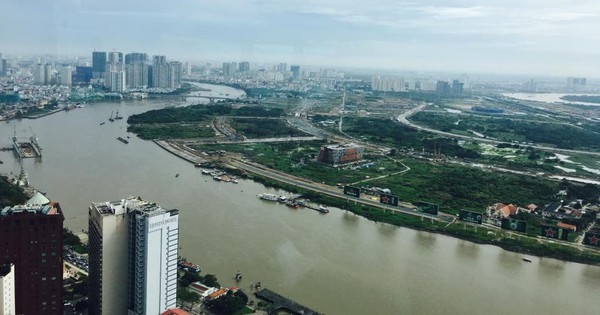The Vietnam Young Entrepreneurs Association (VYEA) has expressed concern over certain provisions in the Government’s draft Decree amending and supplementing a number of articles of Decree No. 103/2024/ND-CP on land use and rental fees.
Specifically, the draft continues to apply an additional tax rate of 5.4% per year on outstanding land use fees, creating not only an illogical situation but also potential legal and economic risks for businesses.
Mr. Dang Hong Anh, Chairman of VYEA, stated that although this is an interest or late payment penalty incurred during the period when enterprises have not completed their financial obligations regarding land, the noteworthy point is that the reason for the delay is not on the enterprises’ side but due to the authorities’ incomplete land valuation and fee calculation.
“This goes against the principles of fairness and transparency in management,” emphasized Mr. Dang Hong Anh.
It’s not just the tax pressure that enterprises face; they also encounter challenges when their projects have not completed their financial obligations and are ineligible to proceed with subsequent legal procedures, from mortgage loans to product launches.
As a consequence, businesses bear significant losses and face the risk of cash flow deadlock. Projects cannot be implemented, capital cannot be raised, opportunity costs are lost, and financial expenses continue to rise—all of which become a double burden that can push enterprises towards bankruptcy or force them to temporarily halt their projects.

Enterprises with incomplete real estate tax procedures for their projects will be concerned |
This regulation also inadvertently creates a sense of apprehension among investors, especially for projects requiring large land areas, as the prolonged time for determining financial obligations increases risks.
“The business community in general and the Vietnam Young Entrepreneurs Association strongly recommend that this additional collection be completely abolished and administrative responsibility be clearly assigned to the at-fault agency. The 5.4%/year additional collection should only apply in cases where the authorities have completed the calculation of financial obligations and notified the enterprises, but the enterprises subsequently fail to fulfill their payment obligations on time,” suggested Mr. Dang Hong Anh.
Previously, Mr. Le Hoang Chau, Chairman of the Ho Chi Minh City Real Estate Association, also sent a document to the Government and the Ministry of Finance, proposing urgent amendments to the provisions in Article 50, 51 of Decree 103 and Point d, Clause 2, Article 257 of the 2024 Land Law.
According to Mr. Chau, the regulations related to the retroactive collection of land use fees and rental fees, while the delay in determining financial obligations is attributed to state agencies, are causing significant difficulties for enterprises.
“Even though they are not at fault, enterprises are still subject to late payment penalties. This increases input costs and hinders the recovery of the real estate market. If not promptly addressed, housing supply will continue to be obstructed, negatively impacting the economy,” emphasized Mr. Chau.
He also affirmed that penalties should only be applied when the tax authorities have completed the notification of financial obligations and the enterprises fail to pay on time. “It is unreasonable to blame enterprises when the delay is caused by the sluggishness of the authorities,” said Mr. Le Hoang Chau.
News-Photo: Son Nhung
– 1:29 PM, June 29, 2025
















